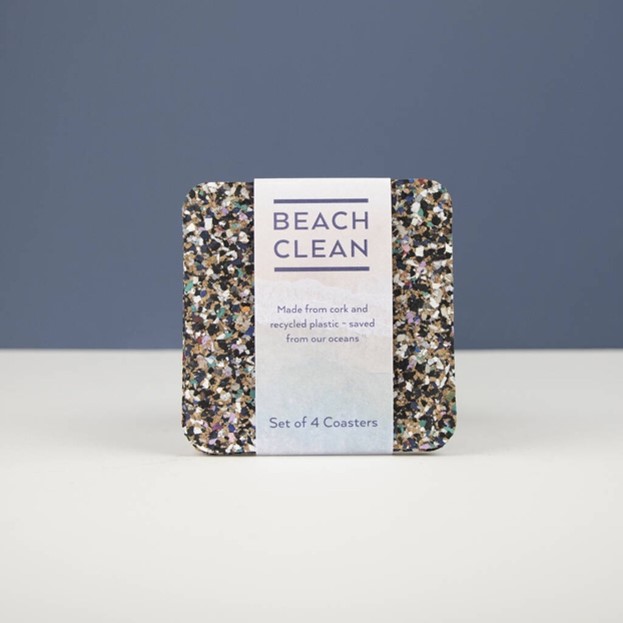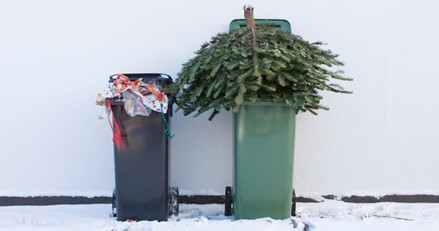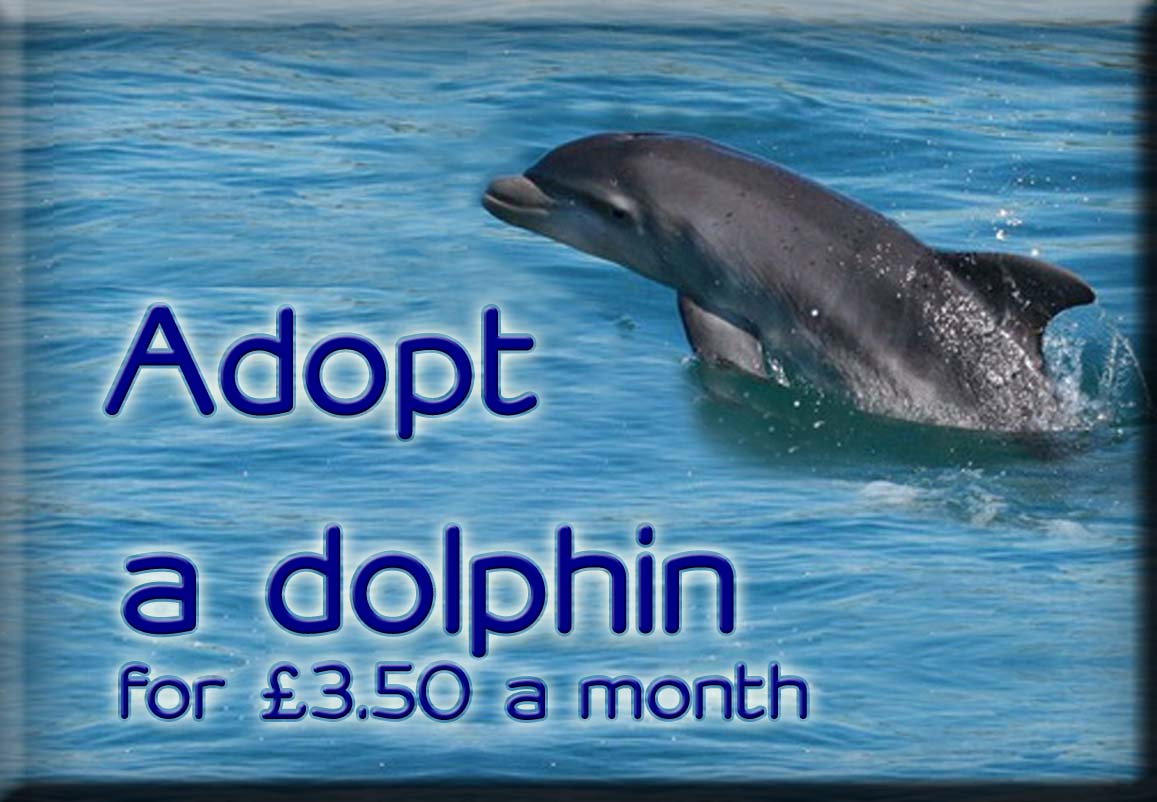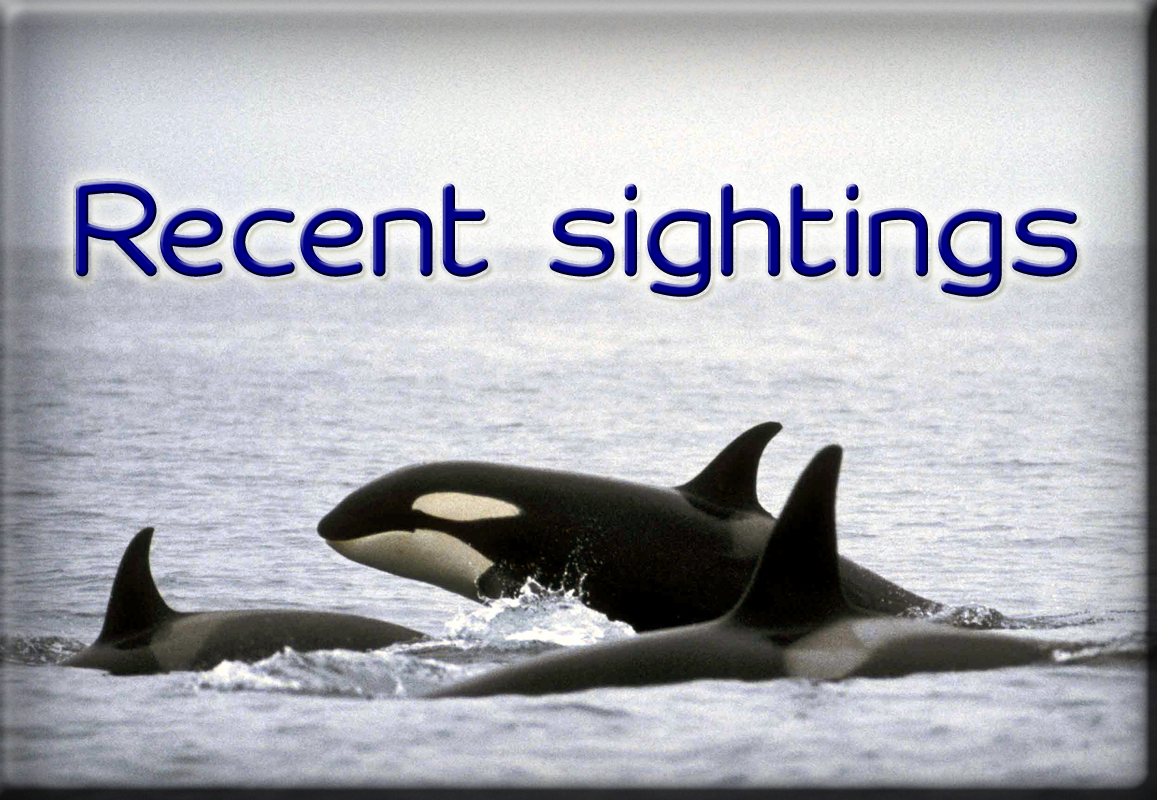Another Christmas season has been and gone and it’s that time of year where we begin to reflect on the year that’s coming to an end and look forward to the new year that’s around the corner. Amid the temptation of the January sales, it’s also the time to set new goals for the year ahead and there’s one resolution we could all add to the list.
Waste not, want not
Consumerism has been on the rise since the early 20th century (Higgs, 2021), and is defined by the theory that purchasing material possessions can equate to personal happiness (Orecchia and Zoppoli, 2007). While the theory has generally been disproven in previous studies (Kasser and Sheldon, 2002) the continued increase in consumer demand over the years has subsequently equated to higher production rates. The higher the production rates, the more extraction and exploitation occurs of earths finite natural resources (Orecchia and Zoppoli, 2007). As a result, environmental degradation has been both directly and indirectly traced back to consumer behaviour, whether it be via rubbish disposal, use of cars or production activities (Orecchia and Zoppoli, 2007). Not only can consumerism significantly increase co2 emissions and thus negatively contributing to the existing climate change problem, but it also results in mass municipal solid waste (Orecchia and Zopploli, 2007). Municipal solid waste refers to everyday waste disposed of by the public including food, clothing and plastics. In the UK, nearly 70% of this waste is plastic (Environment Agency, 2022), with approximately 12 million tonnes of plastic entering the marine environment each year (Environment Agency, 2022), this is equivalent to a bin lorry load dumped into the ocean every minute (Environment Agency, 2022). Plastics in the marine environment can be harmful and even fatal to marine life of all kinds, from limpets to whales; with macroplastics causing laceration, strangulation and starvation, while microplastics can cause diseases from the accumulation of persistent organic pollutants that are eventually ingested by the animal (Ozturk and Altinok, 2020).
Christmas consumption
As Christmas festivities have come to an end for another year, many of us will have spent much of December wrapping gifts, sending Christmas cards, decorating the tree and preparing Christmas dinners. At this time of year, approximately 30% more waste is generated compared to any other time of the year (Environment Agency, 2022). For example, approximately 50,000 trees are cut down each year just to make enough wrapping paper for our Christmas gifts, and with approximately 1 billion Christmas cards being discarded each year, that’s equivalent to a further 33 million trees – with the vast majority of wrapping paper and Christmas cards being non-recyclable (Environment Agency, 2022). Furthermore; unwanted gifts, uneaten food, and broken Christmas decorations all ultimately end up in landfill each year, exacerbating the waste problem that already exists.
New year, less waste
While we can’t turn back time to the Christmas that’s just passed, the new year is the perfect time to make small changes and form new habits to better protect the environment going forward. The increasing rise in environmental awareness has seen a subsequent rise in the availability of eco friendly options and businesses, making those small changes much easier for everyone.
Avoid buying plasti c
You don’t need to go very far before coming across a piece of plastic in everyday life. It’s in our houses, our cars, our clothing, it holds our food and it’s even in our cosmetics. However as production is heavily reliant on consumer demand, finding and opting for plastic free alternatives and supporting eco-friendly brands can all help in reducing the amount of plastic being introduced into the environment.

Reduce, reuse and recycle
As it can be difficult to avoid plastic altogether, reusing and recycling items can be beneficial in more than one way. Avoiding single use plastics and purchasing reusable and durable everyday items such as water bottles and shopping bags while swapping out disposable make up wipes and cling film for reusable options will not only reduce plastic but also save your pennies in the long run. To avoid unnecessary food packaging, opt for buying loose vegetables and fruit from the grocery shop or at your local farmers market, and reuse old containers at home to store food essentials from your nearest refill store. Not only is the correct recycling of items essential in reducing the amount of plastic that makes it into landfill and ultimately our oceans, but purchasing recycled items rather than brand new can also make a difference. These can include recycled paper in the form of notebooks, or items created by recycled plastics retrieved from the ocean, in the form of jewellery, placemats or shoes. This is not only an efficient way to remove and creatively utilise the plastic already in the ocean, but you’re also supporting small businesses and it makes for a unique item too.

Food waste
Approximately 923 million tonnes of food is discarded annually, with 17% of food in shops, restaurants and homes ending up in the bin (Gill, 2021). In order to produce this food, a significant amount of earths natural resources are used in the process including water and land use – much of which goes to waste. This wasted food is responsible for up to 10% of greenhouse gas emissions, greatly contributing to our existing climate change issues (Gill, 2021). Food waste can be decreased by avoiding buying more than you need, pre cooking and storing food in the freezer, buying from the discounted food aisle in the supermarket containing items nearing their expiry date, using leftovers, creating compost, keeping your fridge below 5C, and differentiating between best before and use by dates on food products (ie. best before dates refer to quality of product and are often still safe and edible to consume) (Gill, 2021).
Environmentally friendly gifts
While having to rack your brain to find that perfect Christmas gift is held off for another year, there will be times in the year where birthdays, anniversaries, weddings and such like will require the search for that perfect gift for the occasion, and many environmentally friendly gifts are available to suit anyone. Gifting that special someone an experience rather than a material item is perfect for that one person who has everything or that family member who is so difficult to buy for. This could include a weekend away, a spa day or a restaurant voucher. For something a little more special, handcrafting gifts such as a photo album filled with your favourite memories together, a knitted scarf, a birthday cake or other baked goods offers you the chance to show off your skills and gift something personal that they’ll treasure. Websites such as Vinted are perfect for shopping for preloved gifts such as wooden toys for the little ones in the family. Gifting eco friendly gifts can also introduce and encourage others to make more environmentally conscious decisions, while supporting small businesses at the same time. When wrapping gifts, wrapping paper or cards with glitter or foil can’t be recycled, so look out for FSC certified card and recyclable options instead (Environment Agency, 2022).
Someone’s trash is someone else’s treasure
If you’ve received a gift this Christmas that isn’t for you and you can’t think of someone who could really use it, why not donate it to a charity shop of a cause close to your heart, or alternatively sell on websites such as Ebay, Vinted or Depop rather than throwing it away. Similarly, when having that new years clear out, consider donating or selling your old clothes or household items. And if it’s broken, consider fixing it before buying something a replacement. This helps in repurposing and extending the lifespan of items, avoiding more waste ending up in landfill and ultimately the marine environment.
While adjusting and sticking to new habits can often be challenging; collectively making small steps to reduce our waste could make a big difference in protecting the already vulnerable marine environment and all life within in it. So here’s to making 2023 the year to go waste free!
Rachael Anderson Feature Blogger References Gill, V. (2021) ‘Food waste: Amount thrown away totals 900 million tonnes’, BBC News. Available at: https://www.bbc.co.uk/news/science-environment-56271385 (Last accessed 27/12/2022). Higgs, K. (2021) ‘How the world embraced consumerism’, BBC News. Available at: https://www.bbc.com/future/article/20210120-how-the-world-became-consumerist (Last accessed: 27/12/2022). Kasser, T. and Sheldon, K.M. (2002) ‘What Makes for a Merry Christmas?’, Journal of Happiness Studies, 3, pp.313-329. Google Images (2022) Available at: https://www.natgeokids.com/uk/kids-club/cool-kids/general-kids-club/christmas-recycling/ (Last Accessed: 31/12/2022). Google Images (2022) Available at: https://rootd.com/blogs/eco-living/eleifend-ligula-tincidunt (Last Accessed: 31/12/2022). Google Images (2022) Available at: https://www.notonthehighstreet.com/liga/product/beach-clean-coasters-set-of-four (Last Accessed: 31/12/2022). Google Images (2022) Available at: https://www.cornwalllive.com/news/cornwall-news/new-cornish-company-plastic-oceanic-1670792 (Last Accessed: 31/12/2022). Orecchia, C. and Zoppoli, P. (2007) ‘Consumerism and Environment: Does Consumption Behaviour Affect Environmental Quality?’ SSRN Electronic Journal. Ozturk, R.C. and Altinok, I. (2020) ‘Interaction of Plastics with Marine Species’, Turkish Journal of Fisheries and Aquatic Sciences, 20 (8). ‘24 ways to waste not this Christmas’ (2022) Environment Agency. Available at: https://www.gov.uk/government/news/24-ways-to-waste-not-this-christmas (Last accessed: 27/12/2022).

























